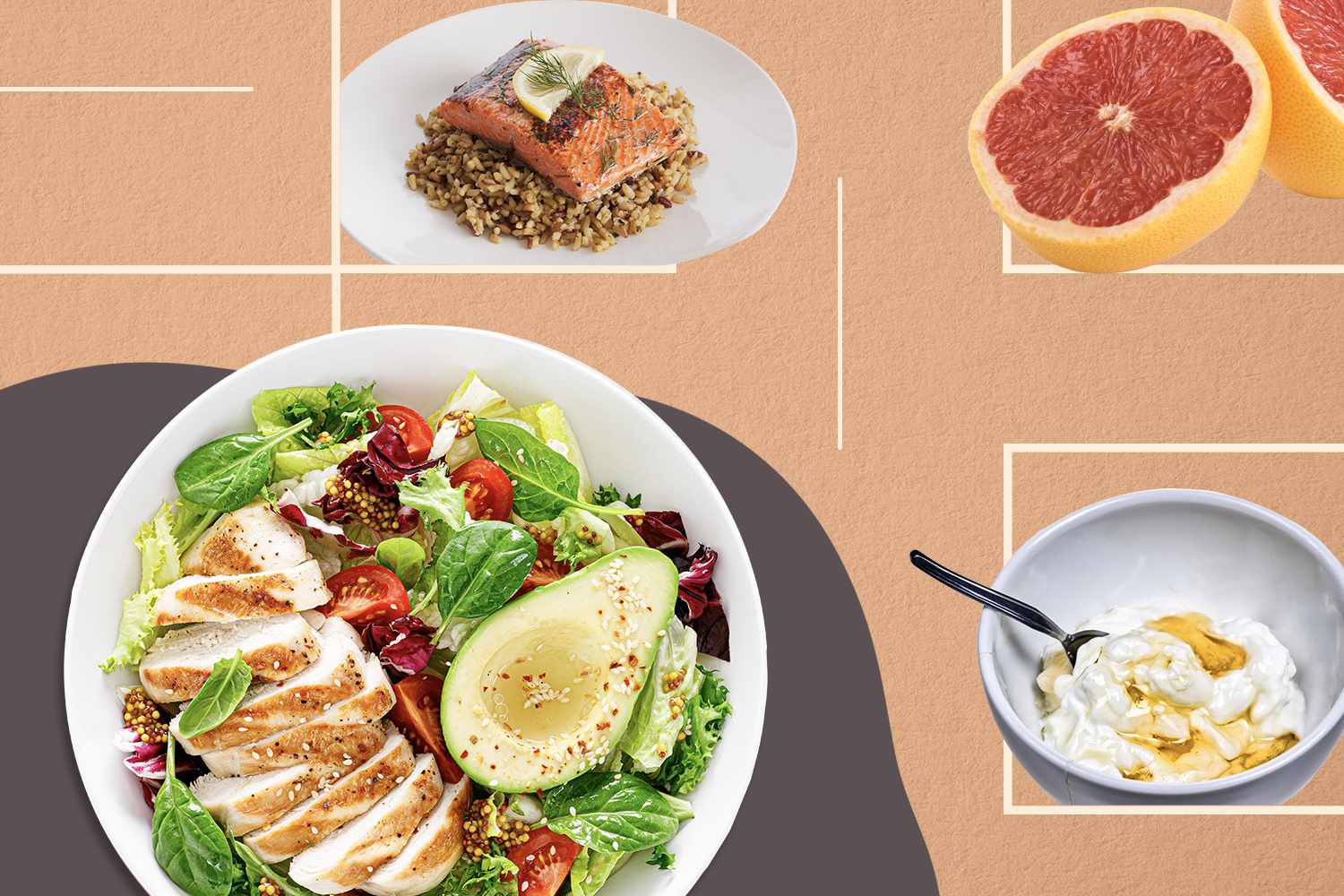A Parent’s Guide to Incorporating Healthy Meals in Your Family Diet
Hello, awesome Parents! Let’s take a journey together towards embracing a healthier lifestyle not just for yourselves, but also for your little ones. Isn’t it exciting? If you’ve been pondering on where to start, we’re here to shine a ray of hope. The key lies in serving healthy meals. This might seem a daunting task initially, but don’t worry, we’re in this together to make it simple, fun, and of course tasty.
Why Choose Healthy Meals?
We all know that good food equals a good mood, right? But it’s much more beyond that. Offering our bodies the right nutrients impacts our physical health, mental well-being, and overall quality of life. And when it comes to kids, it’s even more crucial as their growth and development depend on it.
The Benefits of Eating Healthy
A balanced diet rich in essential nutrients not only helps children grow, but also improves their brain development and aids them in maintaining a healthy weight, preventing a myriad of health complications in the future. Also, introducing them to healthy food early on forms a solid foundation for a lifelong healthy eating habit.
How to Kickstart Your Family’s Healthy Eating Journey?
Welcome to the path of colorful, flavorful, and nutritious meals. Perhaps ‘healthy’ instantly draws an image of broccoli or spinach in your mind, but there’s so much more to discover. It’s all about variety and balance – the beautiful dance between all food groups. Ready for the adventure? Let’s start!
Understanding Essential Nutrients
To begin, we need to understand the primary players – the essential nutrients. These include proteins, carbohydrates, healthy fats, vitamins, and minerals. Each plays its unique role, and thus, our aim will be to incorporate a bit of all. Remember, it’s not about perfection, but about progress. Every little step you take towards serving healthy meals to your family, counts!
This guide is your stepping stone into the world of healthy eating. As we proceed, we will cover many interesting tips and ideas to make healthy meals appealing to the kids and easy for you to prepare. So hold on tight because this is the beginning of your family’s joyous journey towards healthier eating.

Healthy Meal Planning
Meal planning is a great way to ensure your family is receiving balanced nutrition throughout the week. Try to include whole grains, lean proteins, plenty of fruits and vegetables, and a small amount of healthy fats. Remember, variety is the spice of life – experiment with different foods to prevent monotony.
Involve Kids in Meal Preparations
Kids are likely to be more invested in meals they’ve helped prepare. Make it a fun activity – let them select recipes, assist in preparation, and develop their culinary skills. This not only teaches them about nutrition but also fosters a sense of responsibility.
Healthy Snacking
Snacks have a notorious reputation but they don’t have to be unhealthy. Opt for fruits, nuts, yogurt, whole grain crackers, or vegetable sticks with hummus. Ditch those sugary drinks for homemade fruit juices or simply water.
Making Healthy Meals Interesting
Presentation is key in making meals attractive to kids. Use colorful vegetables, make fun shapes, or let them build their own meals like wraps, salads, or pizza. Integrating healthy twists in their favorite meals is also an encouraging step.
Physical Activity and Hydration
Healthy eating goes hand in hand with regular physical activity. Encourage your kids to play outdoors and participate in sports. Also, keep them hydrated. Water optimizes body functions and helps in digestion and absorption of nutrients.
Instilling Healthy Eating Habits
Talk to your kids about the importance of healthy eating, but remember the old saying – “actions speak louder than words”. Be a role model by implementing healthy eating habits yourself.
Wrap Up
Creating a healthy eating environment can seem overwhelming at first, but with small, consistent steps, it is definitely achievable. Remember, this isn’t about a drastic overnight change, but a gradual and enduring approach to a healthier lifestyle for your family. Let’s raise a toasty, whole grain bread sandwich to your family’s health, happiness, and fun-filled culinary adventures! Happy eating! Healthy living!
5 Essential Tips for Parents in Preparing Healthy Meals
1. Understand Nutrition Basics
To prepare healthy meals for your family, you first need to understand the basics of nutrition. This includes knowledge about essential macronutrients – proteins, carbohydrates, and fats – and micronutrients such as vitamins and minerals. Foods rich in these nutrients will ensure your family’s well-being.
2. Incorporate Whole Foods
Whole foods, as opposed to processed foods, contain a wide array of essential nutrients. By including a variety of fruits, vegetables, lean proteins, and whole grains in your meals, you’re providing your family with a well-rounded diet that supports overall health.
3. Control Portion Sizes
Portion control is key to a balanced diet. Overeating, even healthy foods, can lead to weight gain and other health issues. Serving appropriate portions will ensure that your family is getting the right amount of nutrients without unnecessary calories.
4. Plan and Prep Meals in Advance
Planning and prepping meals in advance can help make meal times less stressful and more nutritious. It gives you control over what ingredients are used and allows you ample time to ensure you’re presenting a balanced, nutrient-rich meal.
5. Educate and Involve Your Kids
Teach your children about the importance of a healthy diet. More than that, involve them in meal planning and preparation. This not only provides a great learning experience but also encourages them to eat the healthy meals they’ve helped create.
Remember, promoting healthy eating habits can be a fun and fulfilling part of parenting. By keeping these 5 tips in mind, you’re setting your family up for a lifetime of healthy eating.
For more great articles please see here. For more information see here
Disclaimer
The articles available via our website provide general information only and we strongly urge readers to exercise caution and conduct their own thorough research and fact-checking. The information presented should not be taken as absolute truth, and, to the maximum extent permitted by law, we will not be held liable for any inaccuracies or errors in the content. It is essential for individuals to independently verify and validate the information before making any decisions or taking any actions based on the articles.




